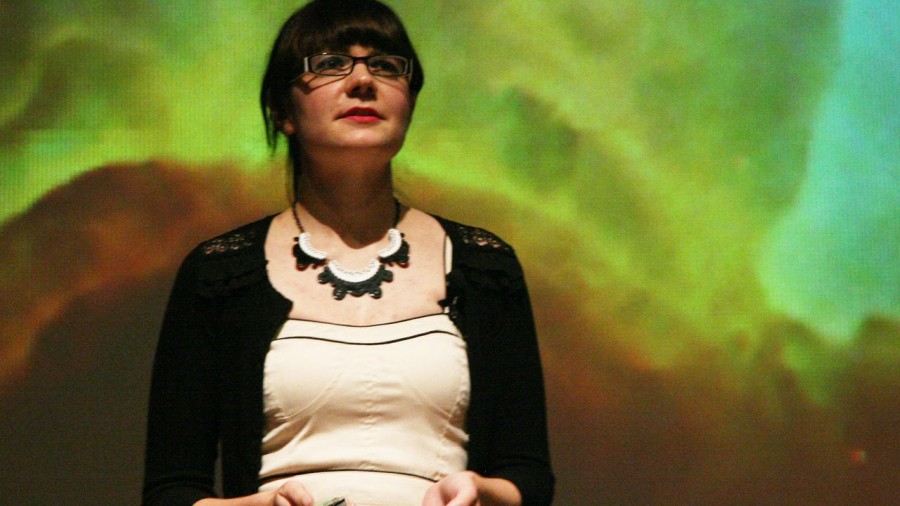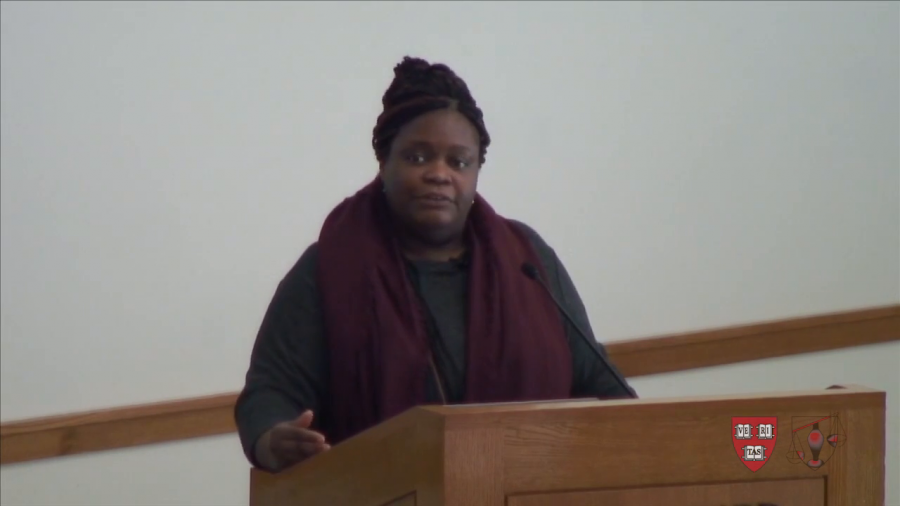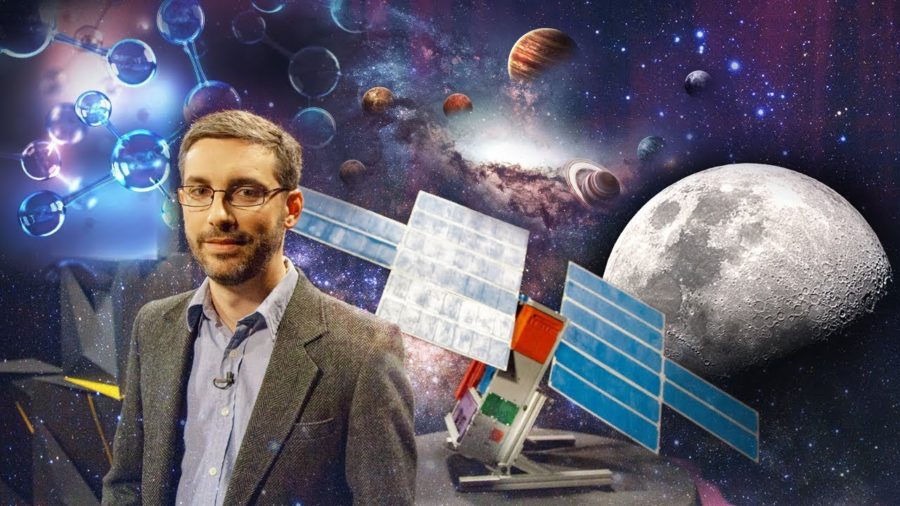We’re sending LunaH-Map to the moon to sniff out just how much hydrogen is beneath the surface. And we’re looking for hydrogen because it’s a key component of water. Water is geologically interesting on the moon. How did it get there? It’s also important for future human exploration, since it could be used as fuel.
Archive
So long as we’re limited to one planet, ultimately our resources are limited. And therefore every person in the world is competing with every other person in the world for a piece of a finite pie. Okay, and every new person born is a threat, every nation is fundamentally the enemy of every other nation, every race of every other race, and the only question is how do we kill them.
I think the saddest thing is if you ever stop wanting to learn new things. And it can be about anything. That’s just really heartbreaking. I don’t know. It’s just so much part of like who you are as a human to learn new things constantly. And so to not be curious, not want to learn new things and not create new patterns and connections…you’re pretty much giving up your human self.
Everything we know about biological sciences, medicine, agriculture, disease, whatever, is based on studying one example of life. Life on Earth. Life as we know it. If we find another example that’s different, a second genesis, and independent origin of life, comparing those two might enable us to answer questions that we would never be able to answer if we only had one example to study. That could provide practical benefits for humans as well as better understanding of how to manage ecosystems, etc.

Hacking science and space exploration isn’t just about getting excited and making things. But it’s about getting excited and making disruptively accessible things. Things that really disrupt the current state of science and a lot of the elitism around it, and truly make it accessible for everyone.

I think the part that engages students that are from underrepresented ethnic groups is missing. I think they don’t see themselves reflected, don’t see their interests or their cultures reflected, so they stay outside of it even if it’s free, or even if it’s something that is in their neighborhood.

